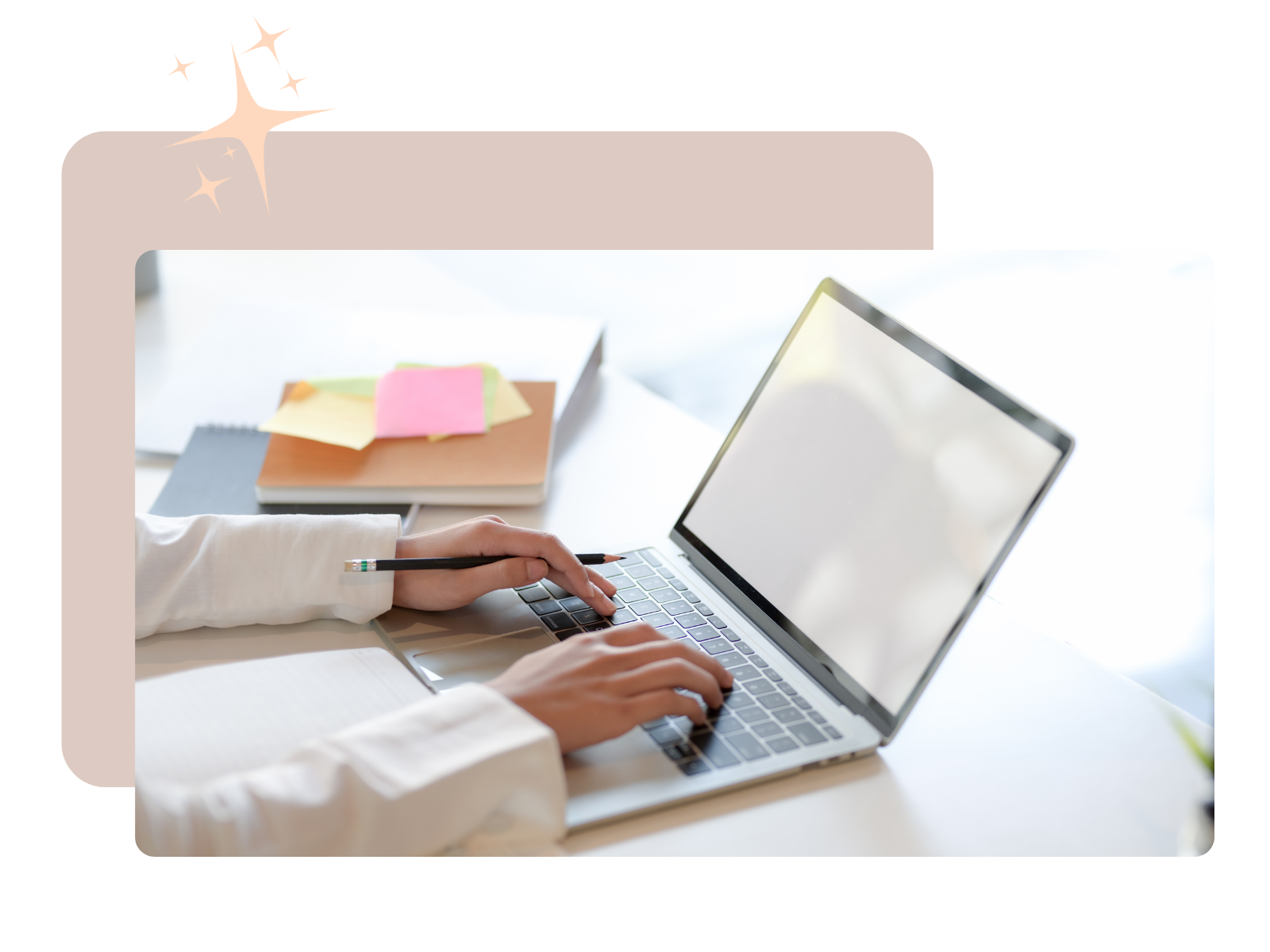
Ensuring Compliance with Special Education IEPs
IEP compliance is crucial for providing the best educational outcomes for students with special needs, making regular audits essential.
The Importance of IEP Compliance in Special Education
Individualized Education Programs (IEPs) are vital for tailoring educational experiences to meet the unique needs of students with disabilities. Compliance with IEPs ensures that these students receive the support and resources necessary to succeed academically and socially. Adhering to IEP guidelines is not just a legal requirement but a moral imperative to provide equitable education.
IEP compliance fosters trust between educators, parents, and students by demonstrating a commitment to each child's development. When educators rigorously follow IEPs, they create an inclusive environment that acknowledges and addresses the diverse learning needs within the classroom.
Common Challenges in Maintaining IEP Compliance
Maintaining IEP compliance can be challenging due to various factors such as insufficient training, lack of resources, and high teacher turnover. Educators may struggle with understanding the specific requirements of each IEP or lack the necessary support to implement strategies effectively.
Additionally, the dynamic nature of student needs and the complexity of IEP documentation can lead to inconsistencies in execution. Miscommunication between staff members and inadequate monitoring systems may further exacerbate compliance issues, making it difficult to provide consistent support to students.
Strategies for Effective IEP Auditing
Regular IEP audits are essential for ensuring compliance and identifying areas for improvement. These audits should include a thorough review of current IEPs, assessment of implementation practices, and verification of documentation accuracy. Involving a multidisciplinary team in the auditing process can provide diverse perspectives and comprehensive evaluations.
Educators can also benefit from ongoing professional development focused on IEP management and compliance. Training sessions that cover legal requirements, best practices, and practical strategies can empower teachers to effectively meet IEP goals. Establishing clear protocols and accountability measures will further enhance the auditing process.
Leveraging Technology to Enhance IEP Compliance
Technology can play a pivotal role in streamlining IEP management and ensuring compliance. Digital tools and platforms designed for special education can facilitate the creation, monitoring, and updating of IEPs. These tools often include features such as automated reminders, real-time tracking, and centralized documentation, which can help educators stay organized and compliant.
Integrating technology in IEP processes not only improves efficiency but also enhances communication among stakeholders. Parents, teachers, and administrators can easily access and share information, ensuring that everyone is aligned and informed about the student's progress and needs.
Building a Culture of Accountability and Continuous Improvement
Creating a culture of accountability within the educational institution is crucial for sustaining IEP compliance. This involves fostering a shared sense of responsibility among all staff members and encouraging open communication about challenges and solutions. Regular feedback loops and collaborative problem-solving can drive continuous improvement in IEP implementation.
Leadership plays a key role in setting the tone for accountability. Special education leaders should model best practices, provide necessary resources, and recognize the efforts of educators who excel in IEP management. By prioritizing accountability and continuous improvement, schools can ensure that they consistently meet the needs of students with disabilities.


